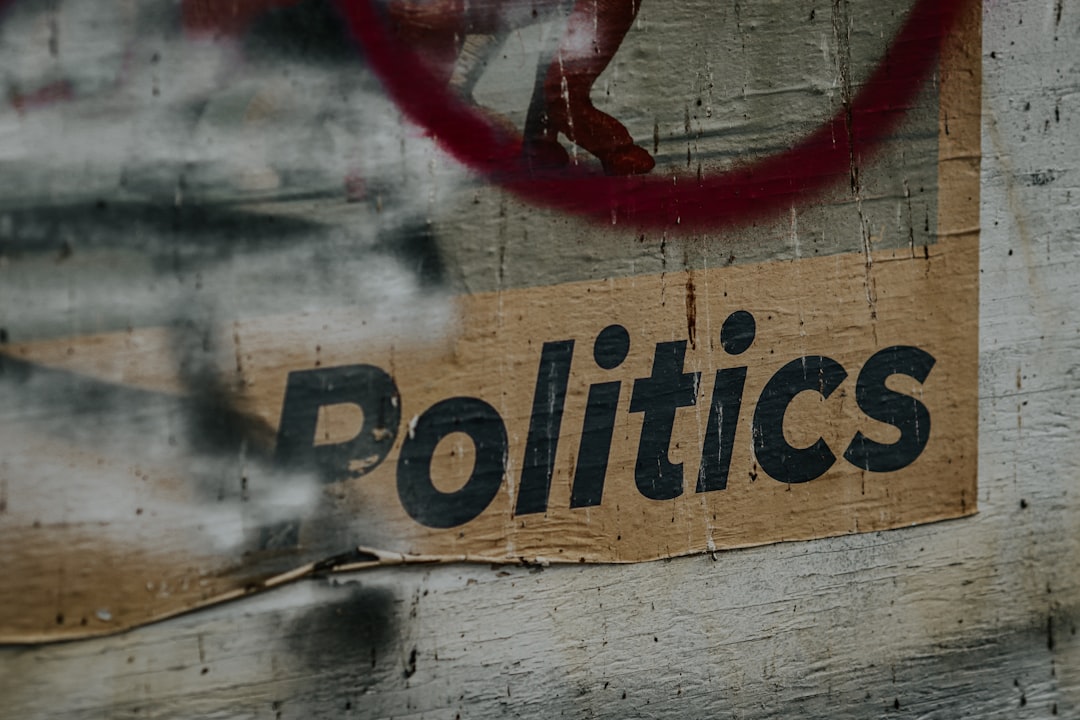
Government Overreach: The Silent Quorums’ Subversive Threat to Democracy
In the grand theater of democracy, we often find ourselves seated in the front row, popcorn in hand, watching the latest drama unfold. But what happens when the script is penned by shadowy figures behind the scenes—those who operate within the hushed tones of silent quorums? Yes, folks, I’m talking about the insidious nature of government overreach that is slowly but surely eroding our democratic values, all while we’re blissfully distracted by the latest TikTok dance challenge or celebrity meltdown.
The Quiet Coup
Let’s be clear: the term “silent quorums” isn’t just a fancy way of saying “meetings that no one knows about.” It refers to those clandestine groups and institutions that operate without the scrutiny of the public eye, making decisions that significantly impact our lives. Think about it: when was the last time you felt your elected representatives were actually representing you? Probably while you were waiting in line at the DMV, pondering why you even bothered to vote.
The World Economic Forum (WEF), headed by the globalist maestro himself, is a perfect example of this phenomenon. It’s like an exclusive club where the elite gather to discuss the future while sipping on overpriced lattes—completely detached from the realities that everyday citizens face. The policies they formulate often prioritize corporate interests over the will of the people, pushing agendas that serve their bottom line rather than our collective welfare.
Data Speaks Louder Than Words
Let’s throw some numbers into the mix. According to a recent study, 70% of Americans believe that government actions are increasingly influenced by corporate interests rather than the will of the populace. Shocking, right? But not when you consider that over 50% of state and local officials have participated in conferences or summits organized by these elite institutions. You thought your representatives were in your corner? They were just warming up for a round of golf with the very people who would profit off your misfortunes.
And don’t even get me started on the so-called “great reset”—a buzzword that sounds more like a dystopian sci-fi plot than a legitimate economic strategy. It’s a thinly veiled attempt to implement sweeping changes under the guise of sustainability and equity. While addressing climate change is critical, the WEF’s approach often resembles a power grab rather than a genuine effort for the greater good.
The Slippery Slope of Overreach
So, what does this mean for democracy? When silent quorums operate unchecked, they create a slippery slope that leads to increased government overreach. If you don’t believe me, let’s look at some real-world examples. Remember the pandemic? Suddenly, we found ourselves under lockdowns and mandates that seemed to sprout from nowhere. Decisions were made in boardrooms rather than town halls, leaving citizens scrambling to understand why their freedoms were being stripped away.
Moreover, social media platforms have become the new battlegrounds for censorship. With silent quorums influencing what can and cannot be said, we risk losing the very essence of free speech. The irony is rich: as we strive for a more inclusive society, we find ourselves facing a new form of exclusion—one dictated by those who hold the reins of power.
Countering the Narrative
Of course, critics will argue that government intervention is necessary for the greater good. They’ll tout the need for regulation, oversight, and all the bureaucratic jargon that makes our eyes glaze over. But let’s not confuse regulation with overreach. There’s a fine line between ensuring safety and infringing on personal liberties. When the government can dictate what you can say, what you can buy, and even how you can live your life, that’s not democracy—it’s tyranny dressed up in a suit.
We can’t afford to be complacent. The silent quorums are betting on our apathy. They thrive in the shadows, hoping we stay distracted by the latest reality TV drama. But it’s time to pull back the curtain and shine a light on their machinations. We must demand transparency, hold our representatives accountable, and ensure that the voice of the people is not drowned out by the whispers of the elite.
Conclusion
In conclusion, the threat of government overreach through silent quorums is not just a political issue; it’s a fundamental threat to our democracy. The WEF and similar institutions may think they can dictate the future without accountability, but as citizens, we have the power to push back. Let’s keep the conversation going, engage with our communities, and remind those in power that they serve us—not the other way around. After all, democracy isn’t just a word; it’s a call to action.


